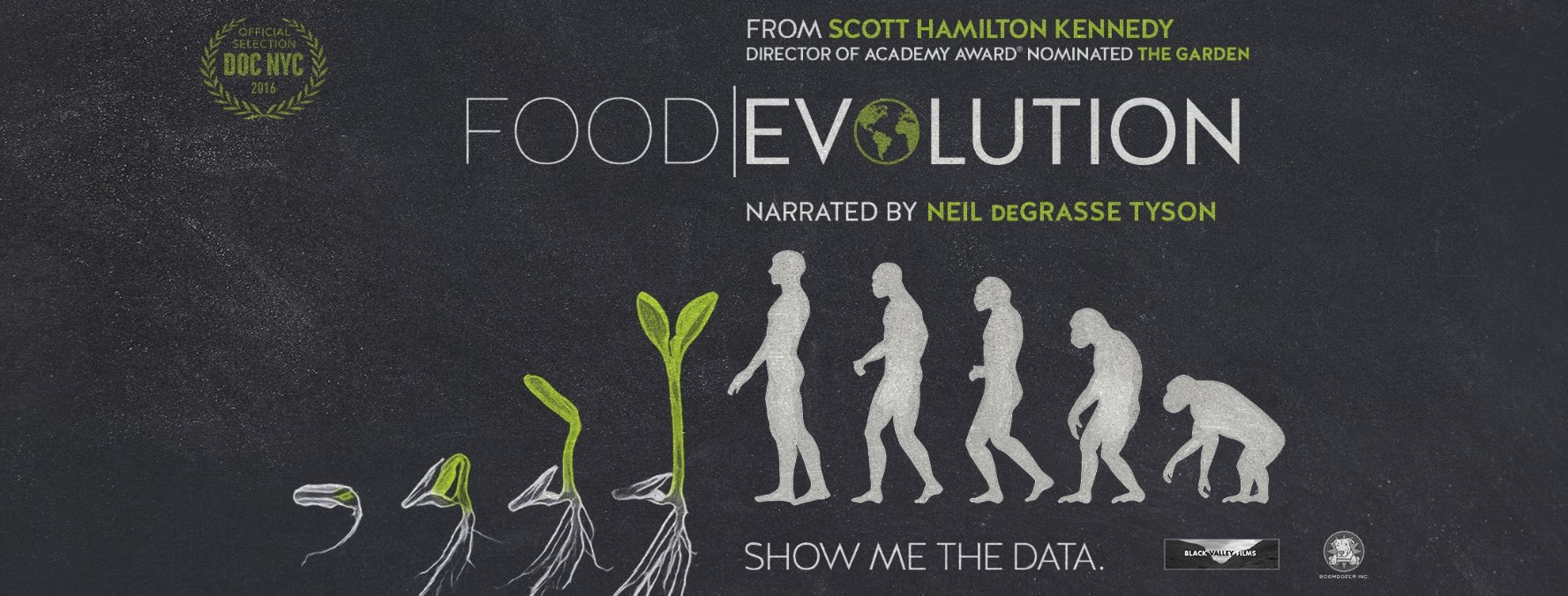
Festival Year: 2017
Gail Geller
Roles: Panelist
Gail Geller, ScD, MHS, is the Berman Institute’s Director of Education Initiatives and a Professor in the Department of Medicine, with joint appointments in the Department of Pediatrics and the Bloomberg School of Public Health’s Departments of Health, Behavior & Society and Health Policy & Management. She has a primary affiliation in the Berman Institute of Bioethics. She received her BS from Cornell University and her doctorate from the Johns Hopkins School of Public Health with concentrations in bioethics and social and behavioral sciences.
Dr. Geller has been an active member of the ELSI (Ethical, Legal & Social Implications of Genetics) research community since its inception. For over 25 years, she has conducted empirical research – both quantitative and qualitative – on the ethical and social implications of genetic testing in the adult, pediatric and family contexts. Currently, she is Co-Principal Investigator of an NHGRI CEER (Center of Excellence in ELSI Research) designed to address the ELSI issues arising from the application of genomics to the prevention and treatment of infectious diseases. She has been a member of two NIH Consortia: the Cancer Genetics Studies Consortium and the Informed Consent Consortium, and co-chaired the Task Force on Informed Consent for Cancer Susceptibility Testing.
In addition to her work in genetics, she has longstanding interests in the areas of medical socialization, provider-patient communication under conditions of uncertainty, and cultural differences in attitudes toward health and disease. These themes are reflected in Dr. Geller’s other substantive areas of scholarship: the use of complementary and alternative medicine (CAM), and the role of palliative care in chronic diseases. She received one of the highly coveted NIH “challenge” grants to explore the integration of palliative care in the management of children, young adults and families affected by chronic, life-threatening disorders (muscular dystrophy and sickle cell disease). She received a prestigious Kornfeld Fellowship to explore the intersection of bioethics and CAM. She has served as co-director of the educational component of the Johns Hopkins CAM Center, ethics representative on the Data Safety & Monitoring Board of the National Center for Complementary & Alternative Medicine (NCCAM), and adjunct faculty at the Tai Sophia Institute in their Master’s Program in Transformative Leadership and Social Change.
Festival Year: 2017


